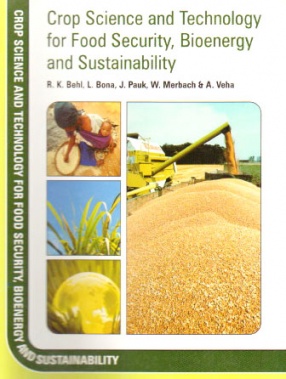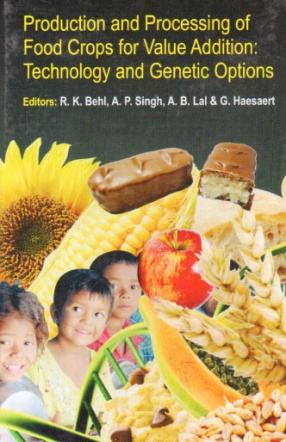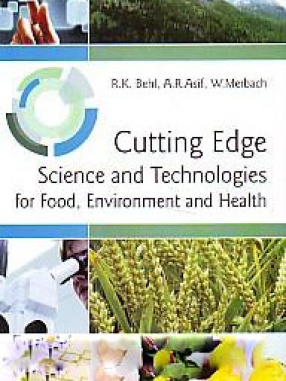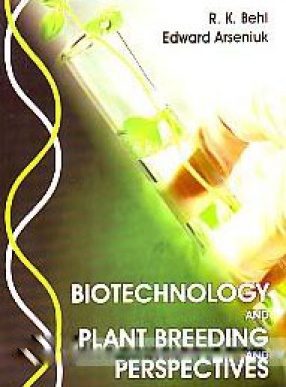World over, agricultural research and development as well as education are important facets of ensuring enhanced productivity value addition, bio-energy sustainability and environmental security. Sustainable development would entail in its objectives that linkages between productivity sustainability profitability are harnessed to uplift rural economy and consumers satisfaction and human ecology. Moreover emerging scenario of agriculture research and market trends would necessitate all concerned to possess strong knowledge base coupled with good practical and management skills.
Crop improvement programmes are no longer in the domain of traditional art of selecting elite lines from populations. Plant breeding and biotechnological tools are useful for creating novel genetic variation in field crops to enhance economic yield, produce quality, input use efficiency and tolerance to a biotic and biotic stresses etc. Precise assessment of genetic variability for potential traits using morphological, physiological biochemical and molecular indices should often precede actual crop improvement pursuits to enhance the efficiency of selection and to develop crop genotypes for the target ecological environments.
Crop production under intensive cultivation without replacement of soil nutrients mined in large amounts led to negative nutrient balances in soils world over. Decrease in soil fertility and imbalanced nutrient supply are one of the important factors responsible for slower agricultural growth. In many regions of the world the use or mineral fertilizers is often limited because of economic reasons limiting improved plant production on marginal soils with nutrient deficiencies and/or high nutrient fixing capacities. Much remains to be done to ensure high production in low external input environments.








There are no reviews yet.